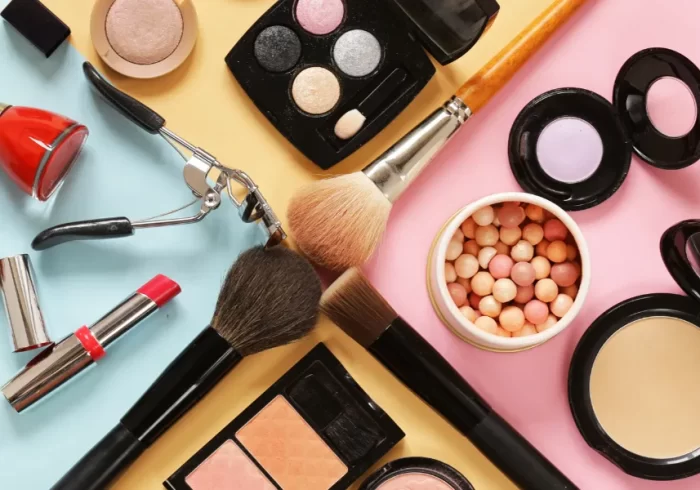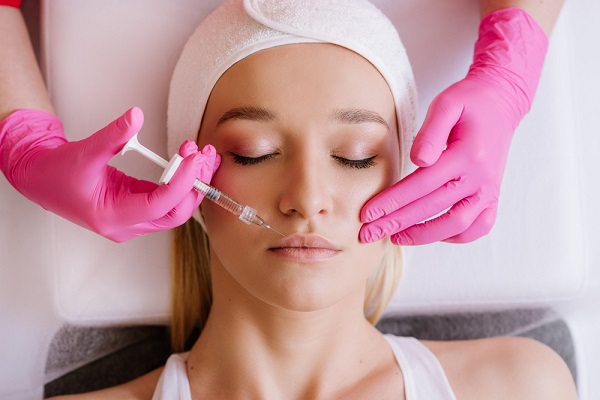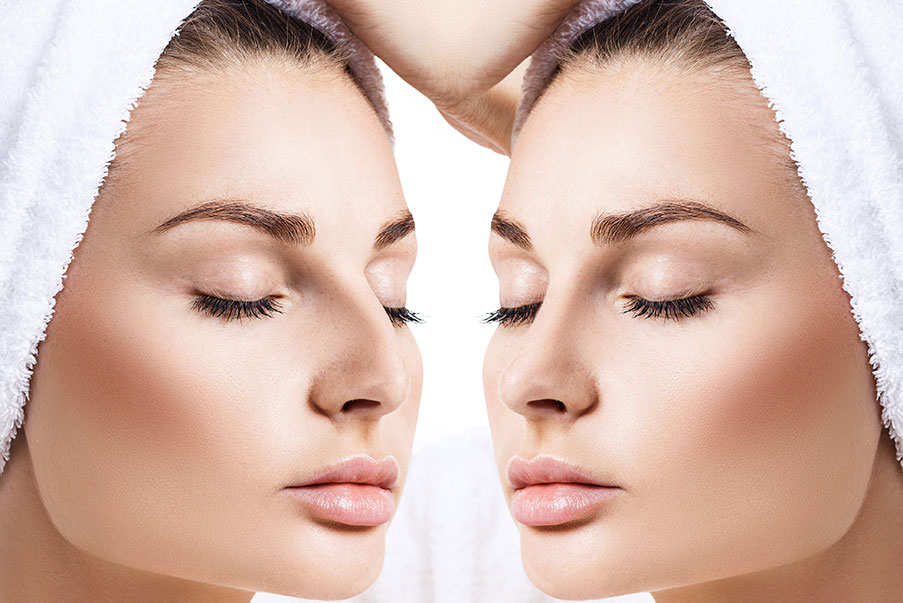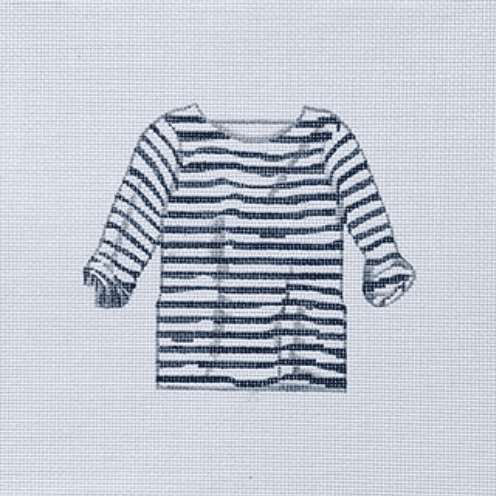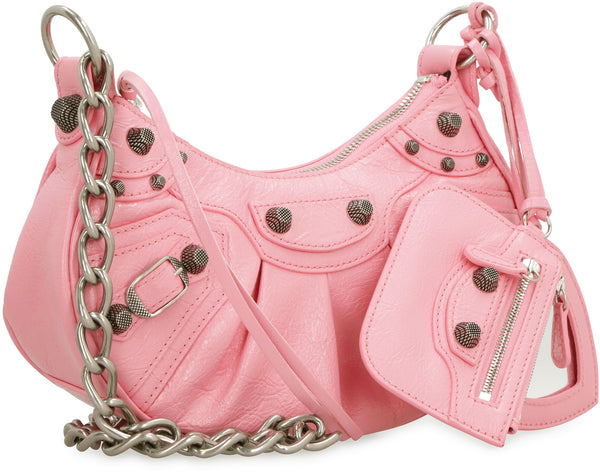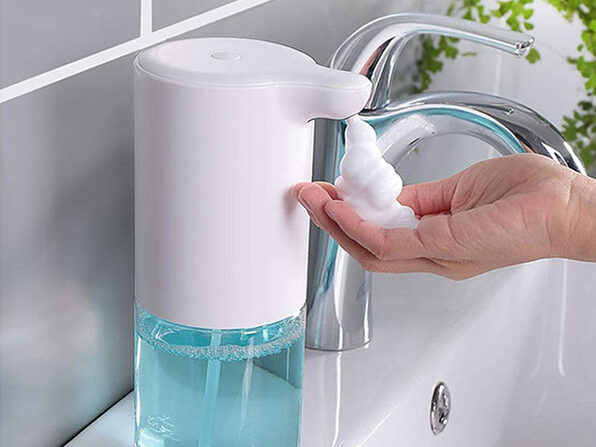The field of cosmetic medicine has been growing over the course of the past 20 years, especially that of minimally invasive treatments including injectables such as neurotoxins (Botox, Dysport, Xeomin, Jeuveaux), dermal fillers and injectable enhancements, as well as minimally invasive fat elimination and skin tightening treatments. While just as in most other industries, the market for cosmetic medicine went down during the global Covid-19 pandemic at the beginning of 2020 as non essential businesses were forced to shut down temporarily, medical spas and plastic surgery clinics are now back in business and from what we hear, business is booming. Larger metropolitan areas have several medical spas to choose from, making clinics like SkinGenity medical spa easy to find. It turns out that the clinics in the cities have been getting more business than a lot of other medical practices, particularly due to Zoom meetings.
Due to the pandemic, millions of people were forced to continue working from home through digital means, which for many, included (and still includes) endless Zoom meetings and video chats. Though a lot of people generally have to keep up their physical appearances in office, Zoom meetings have led many workers to focus on their facial appearance in particular, rather than their overall appearance. For this reason, cosmetic procedures have become more popular than ever, thanks to the pressure of having a flawless face to look good during meetings.
“The most popular procedures at the moment are Botox and dermal fillers, which are fairly easy to hide even with bruising, especially now that everyone is wearing masks,” says Dr. S, who runs a medical spa in Manhattan. “Skin tightening treatments like Ultherapy are not as wildly popular because they often involve severe redness for the first few days, which may be obvious and unappealing on camera.” Based on this alone, it is safe to assume that some of these treatments may have something to do with wanting to look good while present in online meetings. After having spoken to several patients of Dr. S, a number of them had never planned on getting cosmetic procedures until the pandemic. “My coworkers were talking about how Botox treatments were available again and how a lot of people have been getting them regularly, so I figured I might as well since I’m home anyways and it couldn’t hurt to freshen up my face a bit,” says Jessica, a patient who was one of the many stuck at home with back to back video meetings.

Because a good amount of plastic surgery clinics did open up while people were still working at home, it also increased the market for more invasive body contouring surgeries and minimally invasive treatments that may require some time spent out of the office. Reportedly, some of the most popular procedures for body sculpting included an increase in Brazilian Butt Lifts and Liposuction. Brazilian Butt Lifts and Liposuction both involve surgical intervention, which automatically includes a minimum of two weeks at home recovery time. Being that so many people were working from home, it comes as no surprise that these treatments were more common during the time that everyone was working from home, as many wait for vacation days or a convenient time to undergo a personal surgery that most choose not to share with their employers.
Now that a large number of people are back in their offices full time or part time, cosmetic procedures haven’t necessarily become less popular. Instead, the increase in new Botox and dermal filler patients due to Zoom meetings, has added a whole new set of long term clients for busy doctors in the field of cosmetic medicine. It is, however, possible that surgical procedures will be less popular due to not only the increase in minimally invasive alternatives, but also due to the inconvenience of surgical downtime and bed rest for busy people with full time careers.


